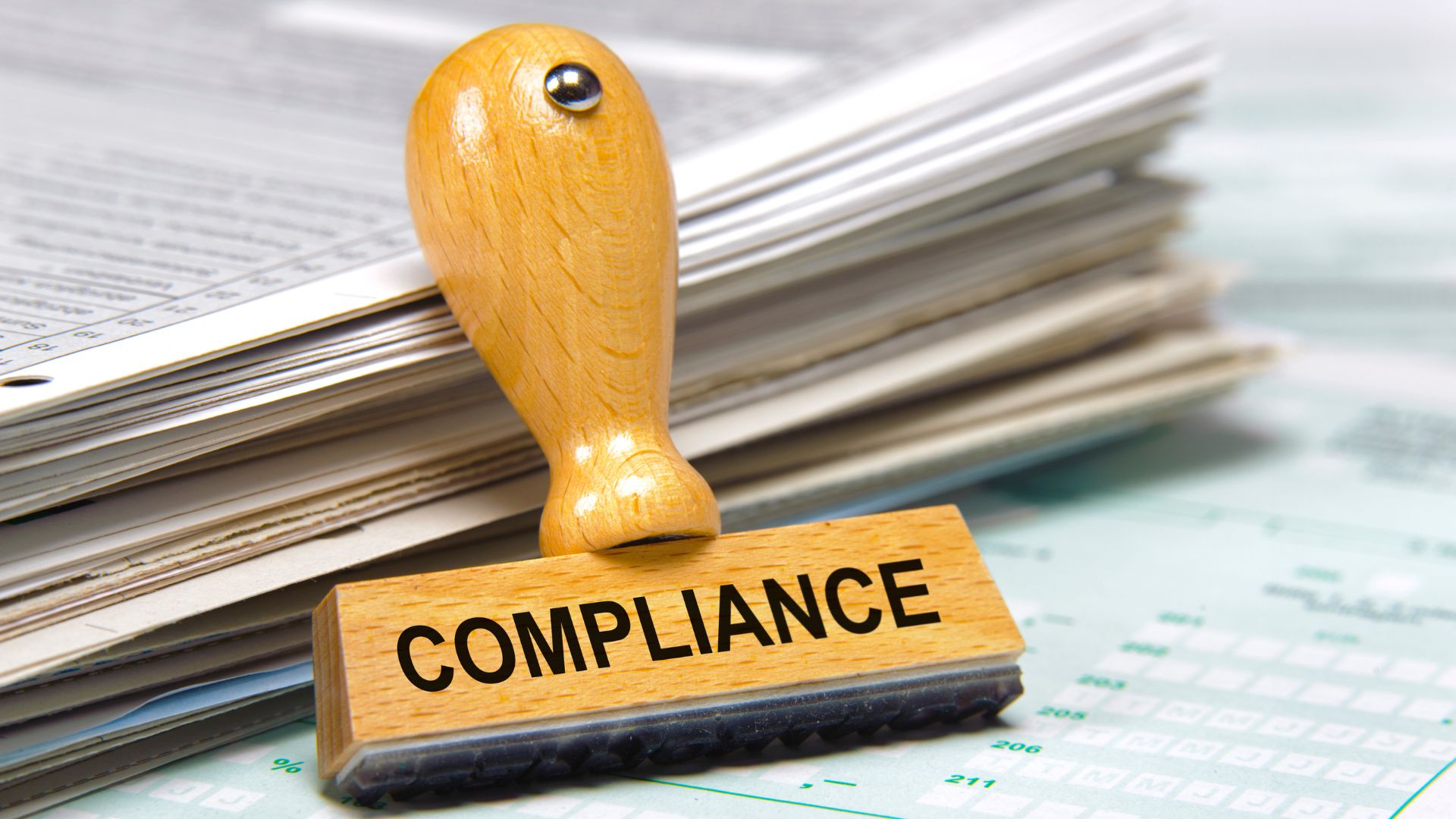The UAE automobile market is one of the region’s most dynamic sectors, driven by a passion for luxury vehicles, a growing appetite for electric cars, and robust import/export activity. But as the market evolves, so do the tax and compliance requirements for dealers, importers, exporters, and individual buyers. In 2025, stricter corporate tax rules, updated VAT regulations, and new import standards are shaping how businesses and consumers approach vehicle transactions.
This blog breaks down the essential tax compliance requirements for the UAE automobile market in 2025, using clear language and practical examples to help businesses and buyers stay ahead.
- Corporate Tax: What’s New for Auto Businesses in 2025?
9% Corporate Tax on Profits
Since 2024, UAE businesses have been adapting to a 9% corporate tax on taxable profits above AED 375,000. This applies to:
– Dealerships and showrooms
– Import/export companies
– Car rental and leasing firms
– Auto service centers
Free zone companies may continue to benefit from a 0% tax rate on qualifying income if they meet strict substance and activity requirements. However, non-qualifying income (such as sales to mainland clients) is taxed at 9%.
Example:
A Dubai-based car dealership earns AED 2 million in taxable profit in 2025. The first AED 375,000 is exempt; the remaining AED 1,625,000 is taxed at 9%, resulting in a tax bill of AED 146,250.
15% Domestic Minimum Top-Up Tax (DMTT)
For multinational auto groups with global revenues above €750 million (approx. AED 2.99 billion), a 15% minimum tax applies from 2025. If the effective UAE tax rate is below 15%, the DMTT bridges the gap.
- VAT: What Buyers and Sellers Need to Know
Standard VAT Rate
The sale of cars within the UAE is subject to the standard 5% VAT, whether new or used. This applies to outright sales, leasing, and even certain service charges.
Example:
A car sold for AED 100,000 will have AED 5,000 VAT added, for a total price of AED 105,000.
VAT on Used Cars
– Dealership sales: VAT is charged on the full selling price.
– Private sales: Buyers should request the original tax invoice to confirm VAT has been paid. This helps with future resale and compliance.
VAT on Imports
Imported cars are subject to 5% VAT, calculated on the customs value (cost + insurance + freight). For VAT-registered businesses, this VAT can often be deferred until the next VAT filing, aiding cash flow.
VAT on Leasing
Leasing a car (short or long-term) also attracts 5% VAT, including on additional charges like tolls or damages.
VAT Exemption for Electric Vehicles
A significant incentive in 2025: electric vehicles enjoy a 50% VAT exemption until December 2025. This makes EVs more affordable and supports the UAE’s green initiatives.
- Importing Cars: Compliance and New Rules
GCC Specifications and Documentation
All imported vehicles must comply with Gulf Standardization Organization (GSO) requirements, including:
– Cooling systems for 45°C+ temperatures
– Sand-resistant air filters
– Dual-language (Arabic/English) dashboards

Required documents:
– Original Certificate of Origin (GCC Chamber of Commerce attested)
– RTA-approved mileage verification
– 2025-compliant emission certificate (≤0.05% sulfur diesel)
– Customs documentation and tax invoices
Restrictions
– No vehicles older than 3 years from manufacture date (except for classic cars with special permits)
– No right-hand drive conversions
– Non-OBD-II compliant vehicles are not allowed
New Regulations in 2025
– Mandatory Advanced Driver-Assistance Systems (ADAS): All imported vehicles must include ADAS features (like automatic emergency braking and lane departure warning) from Q3 2025.
– 15% luxury tax cap: Vehicles priced above AED 500,000 are subject to a maximum 15% luxury tax, making some premium imports more attractive.
Technology and Efficiency
– AI-powered customs clearance: Promises 72-hour processing for imports.
– Blockchain title transfers: Reduces paperwork and speeds up ownership changes.
- Selling and Reselling: Best Practices
For Dealerships
– Always issue a tax invoice showing VAT paid.
– Keep detailed records of all transactions, including trade-ins and part-exchange deals.
– For used cars, retain the original tax invoice and registration documents. This helps future buyers verify VAT compliance and increases resale value.
For Private Sellers
– Provide the original tax invoice, registration card, and Emirates ID to the buyer.
– Ensure all documents are in order to avoid delays in transfer and registration.
- Mileage and Expense Compliance
Mileage claims and vehicle-related business expenses must comply with UAE tax rules:
– Keep accurate mileage logs for business vehicles.
– Only claim expenses that are directly related to business activities.
– Maintain supporting documents for all claims.
- Penalties and Compliance Risks
– Late corporate tax registration: AED 10,000 penalty.
– Incorrect VAT filings: Can result in fines and delayed vehicle registrations.
– Non-compliance with import standards: Vehicles may be denied entry, and importers can face penalties.
– Failure to provide proper documentation: Can delay ownership transfers and impact resale value.
- Trends and Opportunities in 2025
– Rising demand for electric vehicles due to VAT incentives and environmental awareness.
– Luxury car imports may increase with the new 15% tax cap.
– Faster, more transparent transactions thanks to AI and blockchain adoption in customs and title transfers.
- Practical Tips for Staying Compliant
– Register for corporate tax and VAT if your business meets the thresholds.
– Use accounting software to track sales, VAT, and expenses.
– Stay updated on new regulations, especially for imports and EV incentives.
– Train staff on proper documentation and compliance procedures.
– Consult with a tax advisor for complex transactions or cross-border deals.
Conclusion
Tax compliance in the UAE automobile market in 2025 is more important than ever, with new corporate tax rules, VAT updates, and evolving import standards shaping the industry. Whether you’re a dealer, importer, exporter, or private buyer, understanding these requirements will help you avoid penalties, streamline transactions, and make the most of new market opportunities.
For tailored advice or a compliance review, consult a certified UAE tax consultant. Staying proactive is your best strategy for success in the fast-moving world of UAE automobiles.





